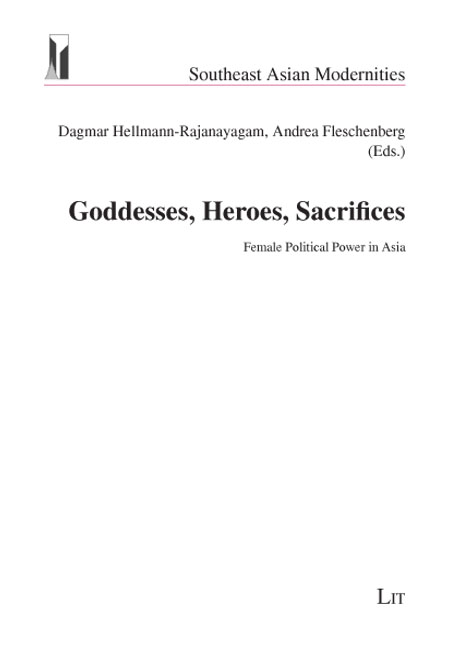Beschreibung
Women at the head of states and governments have become a regular
phenomenon in South and Southeast Asia in the last decades, even though
patriarchal structures have endured. A dynastic principle is seen to be
at work where women are frequently preferred over available male
successors. The publication discusses the relationship of the state and
secularism, the significance of religion in society, the concept of the
goddess, the perception and interpretation of martyrdom and sacrifice, and
the question of moral capital as background for the emergence of women
political leaders and their career paths.


